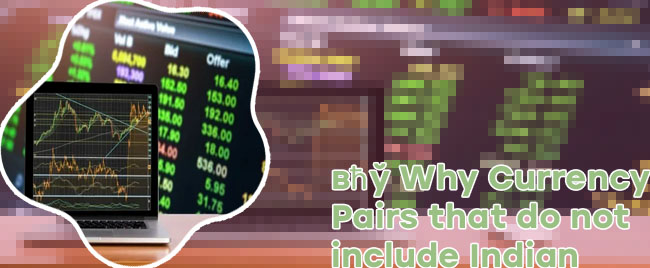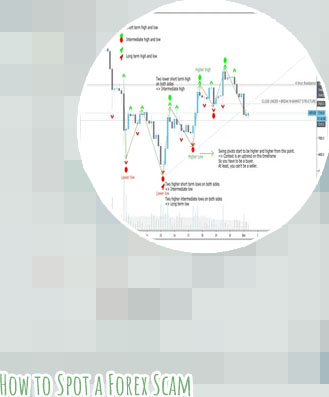
- Ecn forex broker
- Best forex
- Top broker forex india
- Regulated forex broker india
- Top rated forex broker
- Top 3 best forex brokers
- Best app for forex trading in india
- Top forex broker in world
- Forex broker reviews
- Forex broker volume
- Top 10 forex brokers in india
- Free credit forex broker
- Top forex broker
- Best forex application
- Best forex broker for indices
- Forex trading in india
- Best forex and crypto brokers
- Best paypal forex broker
- How to start forex trading
- Is forex trading legal in india
- Forex
- Top forex brokers
- Best forex broker for day trading
- Forex brokers in india
- Forex trading profit per day
- Forex trading us broker
- How much can be made from forex trading
- Forex for you login
- Rbi ban forex trading app list
- Forex broker
- Types of brokers in forex
Who discovered forex trading

Forex trading in India has a rich history that dates back many years. Tracing the origins of forex trading in India can provide valuable insights into how this market has evolved over time. To better understand the beginnings of forex trading in India, here are 3 articles that delve into this topic:
Forex trading has become increasingly popular in India in recent years, but many people are still unsure about its origins in the country. To shed some light on this topic, we have compiled a list of 4 articles that will help answer the question: "Forex trading started in which year in India?"
The Evolution of Forex Trading in India

Forex trading in India has come a long way in recent years, with significant advancements and growing popularity among investors. The market has evolved to become more accessible and transparent, providing individuals with a platform to participate in global currency exchange. This evolution has been facilitated by technological advancements, regulatory reforms, and increasing awareness about the potential of forex trading as a lucrative investment opportunity.
One key factor contributing to the evolution of forex trading in India is the ease of access to online trading platforms. Investors can now trade in the forex market from the comfort of their homes or offices, using desktop computers or mobile devices. This convenience has attracted a larger number of participants, including retail investors, who were previously deterred by the complexities and barriers to entry.
Moreover, regulatory reforms by the Reserve Bank of India (RBI) have helped to enhance the credibility and security of forex trading in the country. The RBI has implemented stringent regulations to ensure the integrity of the market and protect investors from fraudulent activities. These measures have instilled confidence among traders and contributed to the growth of the forex market in India.
Feedback from residents of cities in India, such as Mumbai, further validates the positive impact of the evolution of forex trading in the country. For example, Rohan Patel, a forex trader from Mumbai, highlights
Historical Overview of Forex Market in India
The foreign exchange market, or Forex market, has a rich history in India dating back to the colonial era. During British rule, the Indian Rupee was pegged to the British Pound, leading to a fixed exchange rate system. However, after gaining independence in 1947, India adopted a flexible exchange rate regime, allowing the Rupee to float freely against other currencies.
In the early years of independence, the Forex market in India was tightly regulated by the government to prevent capital flight and maintain stability. It was only in the 1990s that liberalization measures were introduced, allowing for greater participation from foreign investors and the establishment of currency futures trading.
Today, the Forex market in India is one of the fastest-growing in the world, with a daily turnover of over $100 billion. The market is dominated by major banks, financial institutions, and multinational corporations, with retail traders also playing an increasingly important role.
To better understand the historical context of the Forex market in India, it is important to consider the impact of key events such as the liberalization of the economy in the 1990s and the introduction of currency futures trading. Additionally, exploring the role of regulatory bodies like the Reserve Bank of India in shaping the market can provide valuable insights into its evolution.
When Did Forex Trading Begin in India?
Forex trading in India has a long and interesting history, dating back to the early 16th century when the Portuguese established trade relations with the country. However, it wasn't until the early 1990s that the foreign exchange market as we know it today began to take shape in India.
Following economic reforms in 1991, the Indian government liberalized the foreign exchange market, allowing for greater participation from both domestic and international players. This move opened up new opportunities for individuals and businesses to trade currencies and hedge against currency risks.
Since then, forex trading in India has grown significantly, with the country's central bank, the Reserve Bank of India (RBI), playing a key role in regulating the market. Today, individuals can trade in the forex market through authorized dealers and brokers, both online and offline.
Some key points to keep in mind when trading forex in India:
- Understand the regulatory environment: Familiarize yourself with the rules and regulations set forth by the RBI to ensure compliance while trading in the forex market.
- Choose a reputable broker: Select a licensed and regulated broker to safeguard your investments and ensure a seamless trading experience.
- Stay informed: Keep up to date with market developments, economic indicators, and geopolitical events that may impact currency prices
Exploring the Origins of Forex Trading in India
Forex trading in India has a rich history that dates back to ancient times. The concept of trading currencies can be traced back to the time of the East India Company, when merchants exchanged Indian rupees for other foreign currencies to facilitate trade. Over the years, forex trading has evolved into a sophisticated market with the advent of technology and globalization.
Here are some key points to understand about the origins of forex trading in India:
-
Historical roots: Forex trading has been a part of India's trading landscape for centuries, with traders exchanging currencies to facilitate international trade.
-
Regulation: The Reserve Bank of India (RBI) plays a crucial role in regulating the forex market in India to ensure stability and prevent illegal activities.
-
Technology: With the advancement of technology, forex trading in India has become more accessible to individual traders through online platforms and mobile applications.
-
Popular currency pairs: The Indian rupee is often traded against major currencies such as the US dollar, Euro, and Japanese yen in the forex market.
-
Growth potential: As India continues to grow as a global economic power, the forex market in the country is expected to expand further, offering opportunities for traders and investors alike.